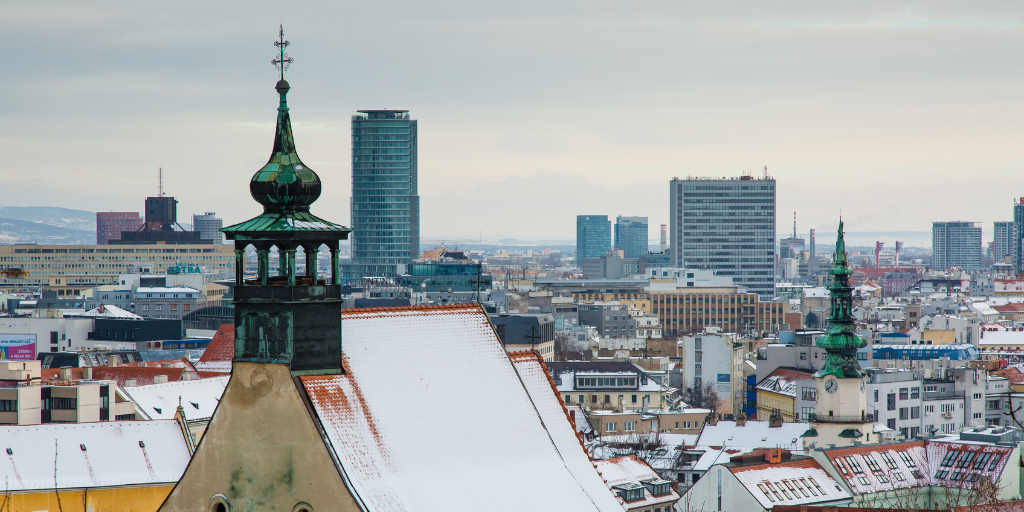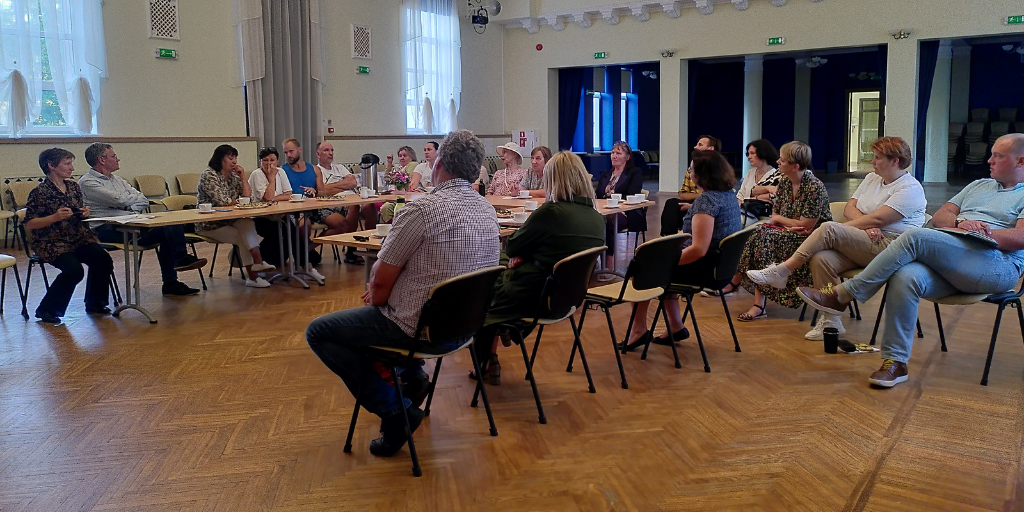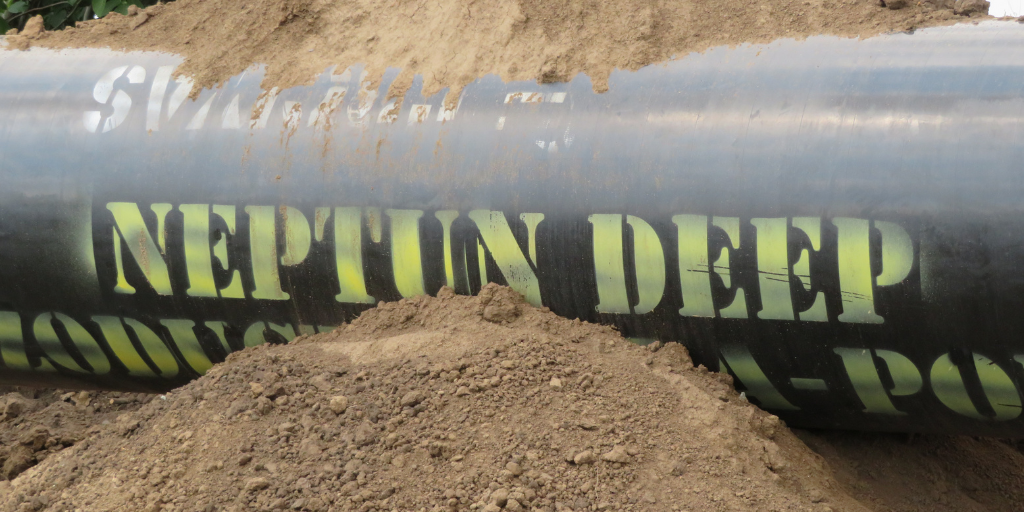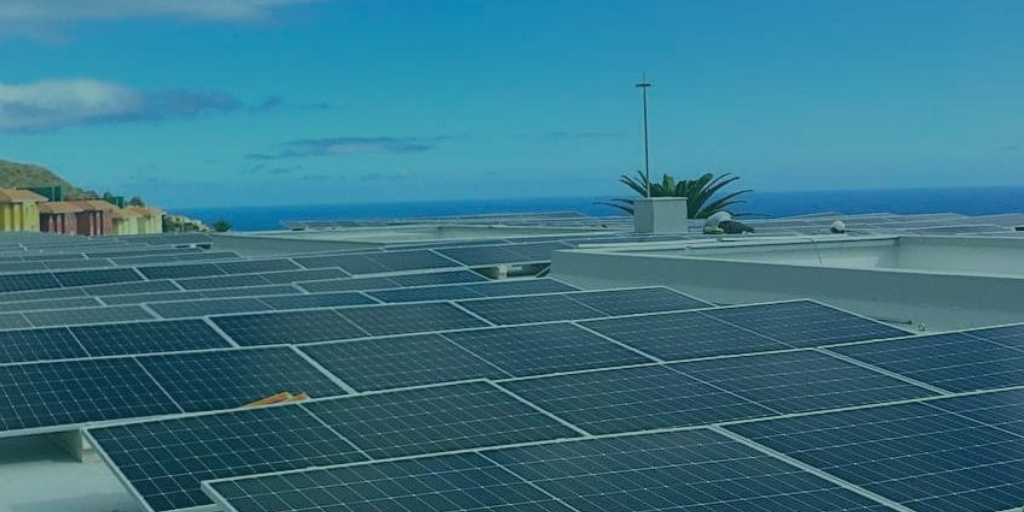Launched in May 2024, the Jobs after Coal programme, a pioneering initiative funded by the Just Transition Fund, is designed to address the socio-economic challenges of transitioning away from coal in Eastern Wielkopolska.
In an effort to tackle gender-based violence and harassment across Tbilisi’s public transport network, the EBRD has provided financial and technical support to Tbilisi Transport Company – the operator responsible for managing public transport services in the city – to help them set up a tracking system to address incidents on the city’s metro and bus routes.
Despite a marked drop in fossil-gas consumption, Slovakia supported district heating systems to run on fossil gas with EUR 55 million from the EU’s Modernisation Fund.
On 18 September, I and my fellow colleagues from the Latvian-based environmental organisation Green Liberty teamed up with a researcher from Riga Technical University to visit Viļāni, a small town in eastern Latvia. We met with 20 local people to discuss issues with transport poverty.
Romania’s big bet on fossil gas proves a reckless gamble
September 5, 2024 | Read more
Romania has hit the EU funds jackpot, securing significant amounts for fossil gas projects. However, implementation has been sluggish. More concerningly, these projects could delay Europe’s energy transition and deepen Romania’s dependence on fossil fuels.
The EU’s Western Balkans Investment Framework (WBIF) has spent billions of euros on infrastructure, mainly in transport and energy. But our new analysis, examining how countries choose projects to nominate for funding, finds a chaotic situation vulnerable to politically-driven decision-making. Clearer rules, public participation and earlier information disclosure are urgently needed.






